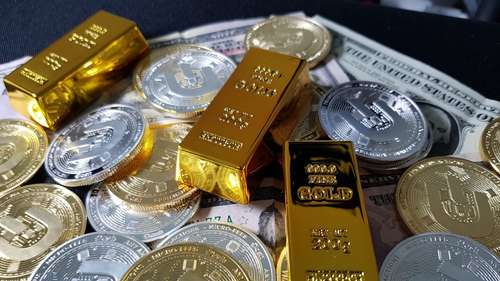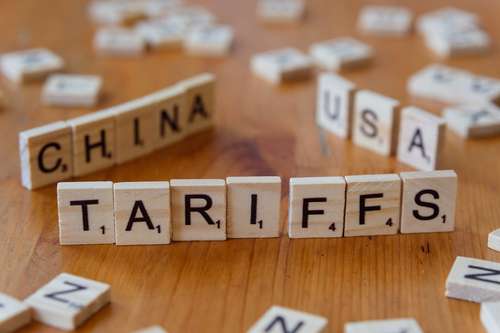After threatening retaliation in response to Lithuania's prohibition on the transportation of some commodities via its territory to the Russian Baltic Sea exclave of Kaliningrad, Russia has caused worry in Brussels.
In Moscow, where the Russian foreign ministry stated that they reserved the right to retaliate in order to preserve their national interest, the action by the administration in Vilnius was referred to as "unprecedented."
The remarks raised red flags in Brussels, where Josep Borrell, the head of the EU's foreign policy, claimed Lithuania was only carrying out the sanctions system of the organization.
However, he went on to say that he was worried about the possibility of retaliation and that he would make sure that all the regulations were being followed, accusing the Kremlin of spreading false information.
“I am always worried about Russian retaliation,” he said. “There is no blockade. The land transit between Kaliningrad and other parts of Russia has not been banned. Second, transit of people and goods that are not sanctioned continues. Third, Lithuania has not taken any unilateral national restrictions.
“We are in a precautionary mood. We will double-check the legal aspects in order to verify that we are completely aligned with any kind of rule.
“But Lithuania is not guilty. It is not implementing national sanctions. It is not implementing their will. Whatever they are doing has been the consequence of previous consultation with the commission, which has provided guidelines. And implementing guidelines.”
Over the weekend, there was a purchasing frenzy in Kaliningrad as a result of claims made by local authorities that Lithuania was getting ready to cut off rail and gas connections to Russia.
Putin’s spokesperson, Dmitry Peskov, further escalated tensions on Monday by threatening a response to what he said was an “illegal move”. "This decision is truly unprecedented," he declared. It is against every rule. This is illegal in our opinion. The situation is more than serious. We need a serious in-depth analysis in order to work out our response.”

Wedged between Lithuania to its north and east, and Poland to its south, Kaliningrad is about 800 miles (1,300km) from Moscow and relies on much of its supplies coming in by rail.
Vilnius must undo the "openly hostile" action, according to the Russian foreign ministry. The statement read, "Russia maintains the right to take actions to protect its national interests if freight transit between the Kaliningrad area and the rest of the Russian Federation via Lithuania is not fully restored in the near future."
The foreign ministry summoned Lithuania’s chief diplomatic representative in Moscow for a formal protest and alleged that the Baltic nation was acting in breach of international agreements.
Coal, metals, building supplies, and cutting-edge technology are among the products that are prohibited under EU sanctions enacted in response to Russia's invasion of Ukraine.
The governor of the area, Anton Alikhanov, issued calm-instructions on Saturday, which looked to have been the cause of much of the panic in the exclave.
He claimed that two ships were already transporting cargo between Kaliningrad and St. Petersburg and that seven more will be operational by the year's end. On Saturday, he stated, "Our ferries will handle all the cargo."




